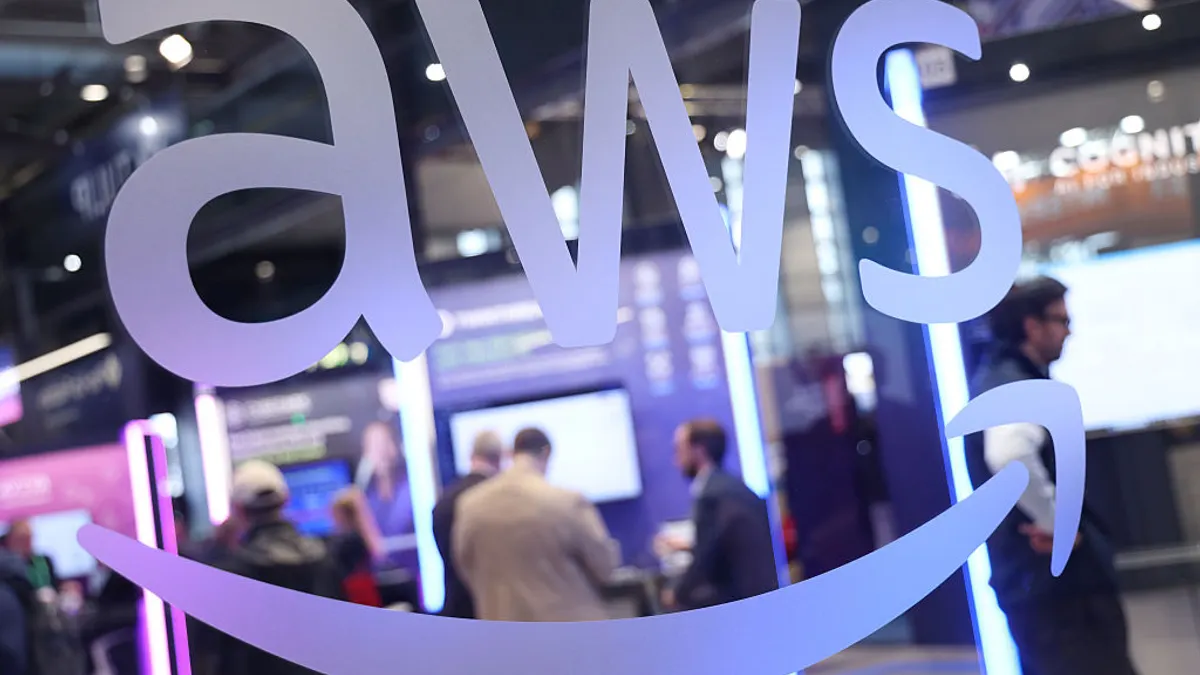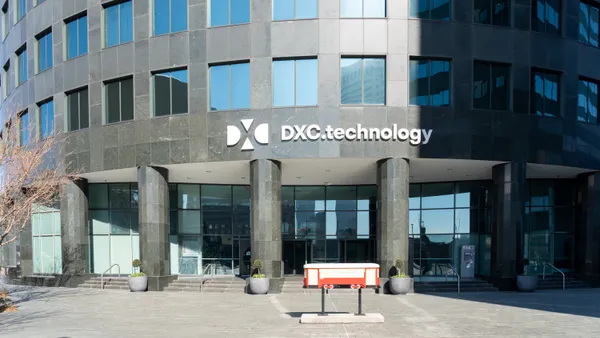Dive Brief:
- Meta launched a multistate super PAC called the American Technology Excellence Project (ATEP) on Tuesday. The political action committee will help elect state political candidates who are viewed as supportive of the U.S. tech industry.
- Meta cited concerns about overly restrictive state AI laws as a driver of the initiative. More than 1,100 AI-related bills introduced in 2025 add to the growing patchwork of state AI laws that could hinder AI innovation and the technology’s potential, Meta said in a statement provided to CIO Dive.
- “State lawmakers are uniquely positioned to ensure that America remains a global technology leader,” Brian Rice, VP of public policy at Meta, said in a statement. “This is why Meta is launching an effort to support the election of state candidates across the country who embrace AI development, champion the U.S. technology industry and defend American tech leadership at home and abroad.”
Dive Insight:
While a super PAC cannot donate money directly to a political candidate, they can gather unlimited funding from corporations, associations and individuals. The amount super PACs can spend advocating for or against a candidate is also uncapped. Meta’s initiative could influence AI regulation as it backs lawmakers based on their views on technology.
“Meta, for years, has been funding lobbyists to make sure that federal policies are friendly to their business,” said Forrester principal analyst Alla Valente. “But D.C. is not the sphere of influence for AI policy anymore. It’s very clear that there will be no federal level regulation. Now the sphere of influence is the state house.”
The super PAC announced Tuesday is not the first effort this year targeting state AI regulation. Google and OpenAI both voiced concerns with state AI laws in their commentary to the U.S. government as it developed its AI action plan, released in July. Additionally, a 10-year state AI law moratorium was proposed in President Donald Trump’s One Big, Beautiful Bill Act earlier this year but failed to garner the votes necessary to pass. California drew close to approving AI safety bill SB 1047 last year, which was ultimately vetoed by Governor Gavin Newsom.
There is a growing trend in the tech industry to view any new AI regulation as being too much, said Frank Pasquale, a law professor at Cornell Law School. Meta’s super PAC could have an enormous effect on the development of AI laws in U.S. states, he added.
It’s “a bit surprising” how hard AI companies are pushing back on state AI regulations because the proposed guardrails and requirements aren’t stringent, said Lucas Hansen, founder of nonprofit CivAI. However, as concerns grow about the way AI chatbots speak to humans or as AI is used to assist hackers, demands for regulating AI could accelerate in the future, Hansen said.
“These companies are laying the groundwork for future battles,” he said. “They know that people are going to be calling on them with much bigger asks soon.”
Meta’s move to create a super PAC demonstrates that state AI laws are “becoming a real threat to AI companies,” according to Daniel Castro, VP of the Information Technology and Innovation Foundation, a nonprofit thinktank.
“Companies don’t start a super PAC for issues that don’t matter,” he said.
Meta’s statement said its super PAC will back state political candidates, regardless of party affiliation, who are aligned with key tech policy issues:
- Promoting and defending U.S. technology companies and leadership
- Advocating for AI progress
- Putting parents in charge
The super PAC will be run by Democrat consulting firm Hilltop Public Solutions and Republican strategist Brian Baker, according to Meta.
“America’s innovation edge is at a crossroads,” Baker said in a statement provided by Meta. “We need state legislators who will champion our tech future, not cede it to global adversaries.”















